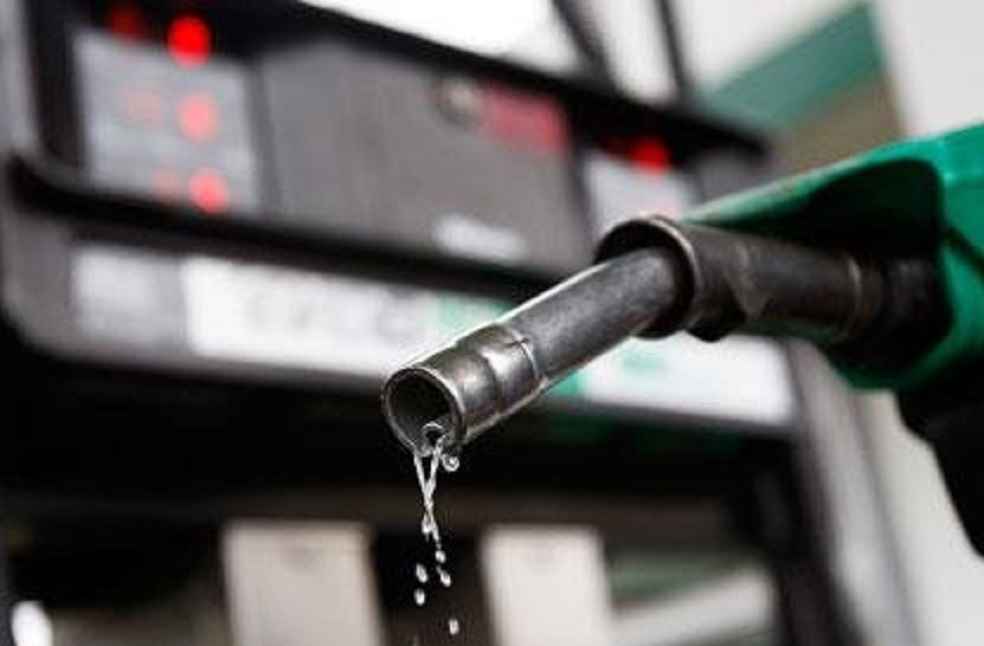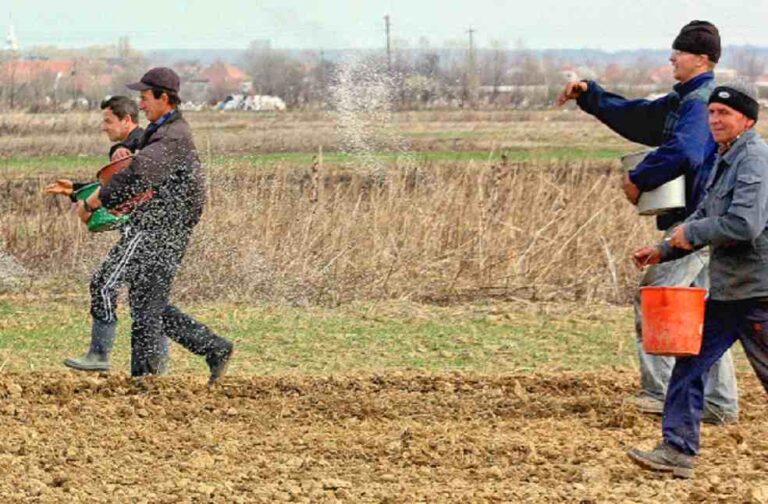As the U.S. election approaches, global agricultural trade faces potential shifts that could directly or indirectly affect Brazil. The race between Kamala Harris and Donald Trump spotlights issues pivotal to rural voters, including tariff barriers, agricultural protectionism, sustainability, climate change, and the trajectory of U.S. trade and exports. The candidates’ contrasting stances on trade and environmental policies may reshape relations with key partners like China and influence the competitive dynamics in global agricultural markets.
Shifting Trade Relations with China
China’s demand for U.S. agricultural products has recently slowed, posing a challenge for the U.S. candidates, who will need to address trade relations and possible sanctions on the Chinese market. Brazil, capitalizing on the ongoing U.S.-China trade dispute, has increased its agricultural market share in Asia and now ranks as China’s largest supplier of soybeans and corn. This shift is largely attributed to tariffs imposed during the Trump administration, which encouraged China to seek alternative suppliers in South America.
Currently, over 70% of soybeans entering the Asian market come from Brazil. Data from consultancy Biond Agro shows that Brazilian soybean premiums are strengthening, while the National Association of Cereal Exporters (ANEC) reports that Brazil exported 63.9 million tonnes of soybeans to China from January to August this year, making up 76% of Brazil’s total soybean exports. Brazil’s agricultural competitiveness has been further boosted by a favorable exchange rate and infrastructure improvements.

Candidate Proposals and Agribusiness Stance
A recent S&P Global Commodities Insights analysis reviewed the candidates’ proposed policies for the agricultural sector. Ms. Harris’s campaign targets rural voters in swing states like Georgia and Pennsylvania, emphasizing export diversification and tackling ‘unfair’ trade practices with a focus on energy transition policies akin to President Joe Biden’s. Her platform includes a commitment to achieving net-zero emissions by 2050, promoting climate-smart agriculture, expanding biofuel production under the Inflation Reduction Act (IRA), and investing in supply chain resilience.
Mr. Trump’s campaign appeals to agribusiness by promoting a ‘Made in America’ stance, emphasizing tariffs, sanctions, and increased agricultural exports. His platform includes plans to review Environmental Protection Agency (EPA) regulations, provide ‘relief’ on tariff restrictions, implement tax cuts, and incentivize supply chain reshoring. His approach aligns with U.S. grain and livestock producers who traditionally lean conservative and are likely to favor protectionist measures. This divergence in platforms reflects a broader ideological divide, with sustainability measures on one side and deregulation and competitiveness on the other.

Global Trade Implications
The U.S. agricultural sector stands at a critical juncture, balancing sustainable growth and competitiveness through deregulation. Analysts suggest Brazil could either benefit or face challenges based on U.S. policy changes, given that Brazil recently surpassed the U.S. as the world’s leading cotton exporter and leads in soybean production, both previously U.S.-dominated markets.
For 2024/25, the U.S. Department of Agriculture (USDA) projects growth in exports. However, trade experts foresee challenges in meeting China’s demand should tariffs and protectionist policies return. U.S. exports to China dipped between 2017 and 2019 amid trade tensions, only recovering in the subsequent two years.
China remains a significant market for U.S. agricultural goods, accounting for 4.83% of U.S. corn, 52.45% of soybeans, and 10.98% of wheat exports forecasted for the 2023/24 crop year. Both candidates have advocated for biofuels, which benefits the domestic market, but their approaches differ regarding sustainable agricultural practices.
Should Mr. Trump return to office, market sources expect renewed tariffs on Chinese imports, potentially sparking retaliatory measures. This development could disrupt U.S.-China agricultural trade, impacting prices and supply chains. Meanwhile, Ms. Harris’s proposals suggest a focus on export diversification and challenging competitive practices, raising questions over long-term supply chain stability.
ENERGY INDUSTRY | Indonesia Boosts LPG Downstreaming with New Facilities to Reduce Import Reliance



